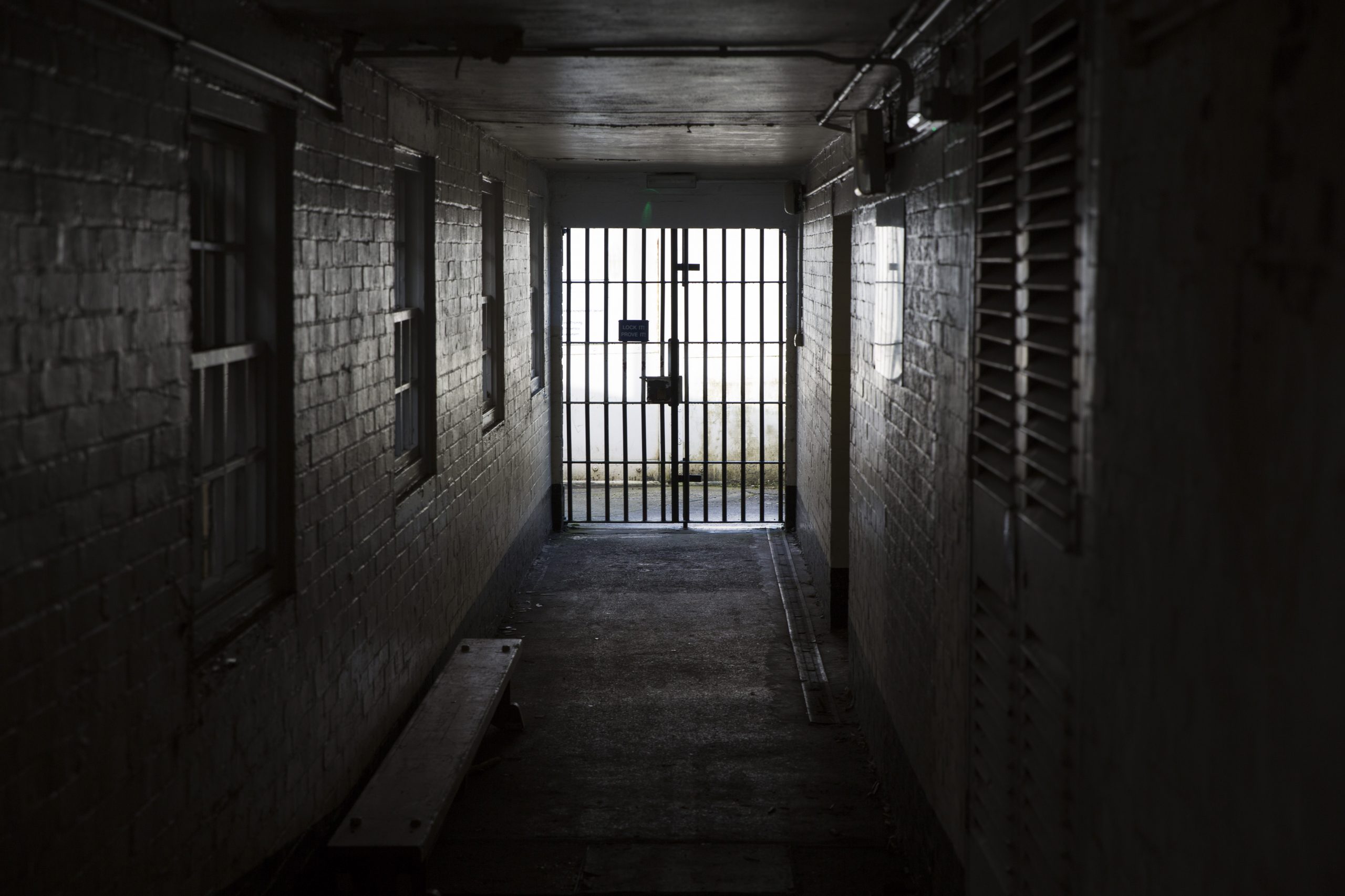The persistently high death toll in our prisons was ‘preventable’, according to a report published by the independent charity INQUEST this week.
Since 2016, the number of deaths in custody have hit historically high levels. In the last year up to September 2019, there were 308 total deaths in prisons which is the equivalent of six deaths in custody across the country every week. INQUEST, who provide expertise on state related deaths and their investigation, has blamed repeated safety failures in the prison system, including mental and physical healthcare, for these ‘shocking and unacceptable’ figures.
- You can read the report here: Deaths in prison: A national scandal. The report was written by Rebecca Roberts, Claire Campbell and Deborah Coles.
Just under a third of the deaths in custody considered by INQUEST in their report were self-inflicted, meaning that every four days a person in prison takes their own life. Coupled with the ‘unprecedented levels of self-harm’ reported by the Ministry of Justice (MoJ) – there being 166 incidents of self-harm every day, totalling 60,594 incidents last year – the report concludes that the official statistics reflect the deleterious impact of the prison experience.
Moreover, the majority of deaths in custody are categorised as being due to ‘natural causes’. The report explains that the term ‘natural’ is ‘extremely problematic’, often reflecting a serious lapse in healthcare and neglect. This is one of many dangerous, longstanding failures across the prison estate contributing to what is considered by the report’s authors to be ‘a national scandal’.
Described as ‘places of crisis’, prisons put those detained within them in a uniquely vulnerable position, say INQUEST. They have very little autonomy or control and are completely dependent on prison and healthcare staff for treatment and care. The authors of the report narrate that ‘neglect, a lack of care and a culture of disbelief towards prisoners experience health problems and mental ill health’ is a disturbing feature of their casework. Drawing on a review of safety in prisons by the Independent Advisory Panel on Deaths in Custody conducted in 2017, they also recall that some prisoners reported prison staff ‘laughing’ and ‘goading’ them to commit suicide.
The executive director of INQUEST and one of the report’s authors, Deborah Coles, stated: ‘This report exposes indefensible levels of neglect and despair in prison. Official and Ministers repeat the empty words that ‘lessons will be learned’. Yet the recommendations of coroners, the prison ombudsman and inspectorate are being systematically ignored.’
‘The state is failing in its duty of care to the health and welfare of prisoners, pointing to a serious lack of prison accountability,’ Coles also said.
In the report, the group draws attention to the ‘depressing regularity’ with which the same issues arise in its review of investigations and inquests into prison deaths. That many deaths are preventable and the result of neglect and systemic failings in care contravenes national and international human rights standards (specifically the right to life – Article 2 of the European Convention on Human Rights).
The report’s authors consider the government’s response to this to be ‘muted’, its inaction being exacerbated by a ‘revolving door of prison ministers’. They also consider such a response to be attributable to the lack of any local or national oversight. Their recommendation that a new independent body, a ‘National Oversight Mechanism’, be formed is made at the end of the report, to ensure accountability, as well as parliamentary oversight and debate of such issues.
An immediate reduction in the prison population is, again, a repeated recommendation made towards the end of the report, alongside investment in health and community-based alternatives. Upon publishing, Coles further stated that ‘[p]unitive regimes do not foster safety’. ‘They intensify the problems inside, alienate prisoners and reproduce the conditions that general self-harm and self-inflicted deaths. They are more, not less, dangerous. Harsh regimes are a complacent, simplistic response to a complex problem’, she continued.
The national chairman for the Prison Officers’ Association, Mark Fairhurst, has echoed Coles’ concerns: ‘Our prisons are under-resourced and understaffed, and staff are not adequately trained to deal with prisoners with complex mental-health issues… The government needs to invest in all aspects of mental health to ensure the correct level of care is available within the criminal-justice system.’







